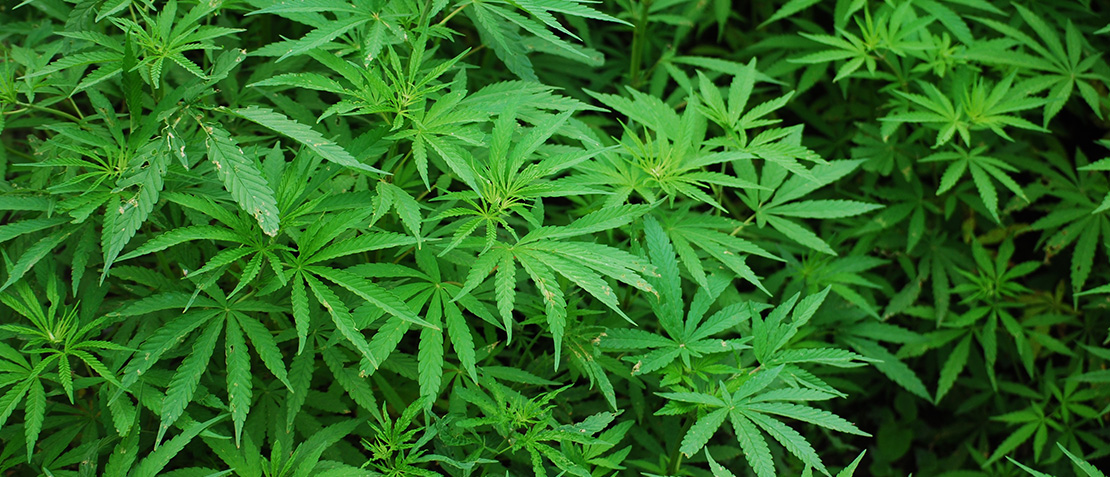October 20, 2023
As the cannabis industry develops in Minnesota and other jurisdictions, there is going to be a growing demand for banking services. The problem, however, is that federally chartered banks generally avoid working with cannabis businesses. The federal government has made efforts to open up banking services for the industry, including via the SAFE Banking Act that passed the House in 2019, but the Senate did not give it a vote.
The SAFER Banking Act, however, is currently moving forward through various senate committees. Given the present state of Congress, it is unlikely that we will see the SAFER Act become law in the near future. This law would include a ‘safe harbor’ for banks from certain civil, criminal, and administrative penalties, if they offer financial services to state-compliant cannabis businesses. Additionally, it would allow cannabis businesses to accept credit cards. There are a number of other provisions built in to this statute, but it has a long way to go before it becomes law.
As a result of these restrictions on banks, among other difficulties, it has made it more difficult for cannabis businesses to obtain loans, open operating accounts, and process credit card payments. Moreover, the SBA will not approve any loan to a cannabis business because the federal government still deems cannabis to be an illegal controlled substance (except for hemp).
This gap for financial services has allowed credit unions and state-chartered banks to step in. Because of the risks involved, however, interest rates for loans tend to be higher for cannabis businesses. Even though these banks and credit unions have been able to fill in some of the gaps in financial services, cannabis businesses still largely operate using cash, exposing them to safety and security risks.
This means there are many things cannabis businesses must consider when it comes to handling finances:
- Monitoring Cash: Cannabis businesses should have standard operating procedures when it comes to cash that employees must follow. It is also important to train employees on these standard operating procedures. Such procedures can include frequent checks and balances (recording cash on hand at specific times, using lockable money bags when physically moving cash, and establishing processes for dealing with discrepancies).
- Selecting Payment Card Processors Carefully: Many new businesses think that they can just use one of the larger payment card processors, such as Square or Stripe. Each processor, however, has their own internal policies when it comes to processing payments for cannabis products. And because these are private businesses, they can essentially change those policies whenever they want. Accepting ATM cards is going to reduce the amount of cash on hand, reducing risk of loss, but if you select the wrong payment processor, you may end up with frozen accounts.
- Selecting POS Systems Carefully: Some POS systems are in the ‘one-size-fits-all’ category, essentially tweaking a base system for each business that utilizes the POS. Many of these POS systems are not set up to (or will refuse to) work with cannabis businesses, so even if it costs more to use a cannabis-specific POS, it will be worth it in the long run. There are companies that are well-known in the cannabis space, such as Dutchie and Flowhub, but you should do your own research to determine what system makes the most sense for your business.
- Security: Security is of the utmost importance to cannabis businesses given the amount of cash on hand at any given time. Some degree of security is statutorily required in Minnesota. Security can include hiring security personnel, installing high-resolution security cameras, hiring armored cards, and training staff in how to handle security threats. For example, you will want a standard operating procedure as to how employees should react if someone enters intending to steal cash with threats of violence and you will want controlled entrances and exits. Dispensaries often require a person entering to provide a state-issued ID card prior to entry – this can help keep track of who is coming and going. Dispensaries can also obtain cash-tracking GPS devices. Finally, keeping things a bit random can help deter theft. For example, if an armored car comes to pick up cash at various times throughout the day, they can randomize those times or at least work with the dispensary owner to schedule times that avoid any sort of pattern.
